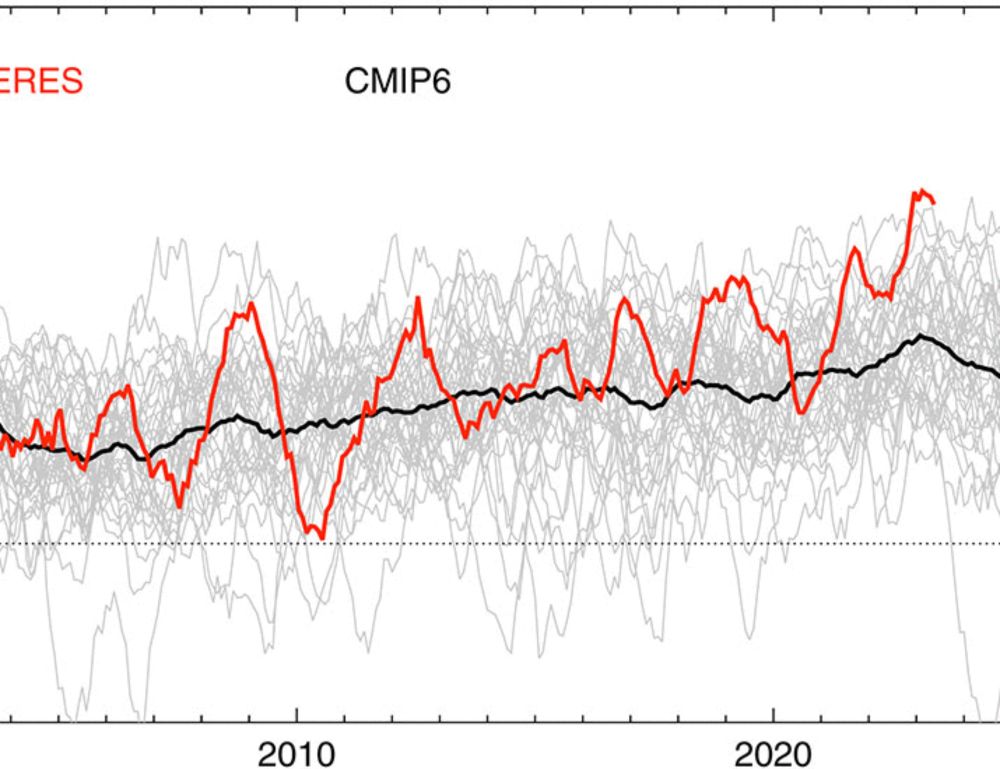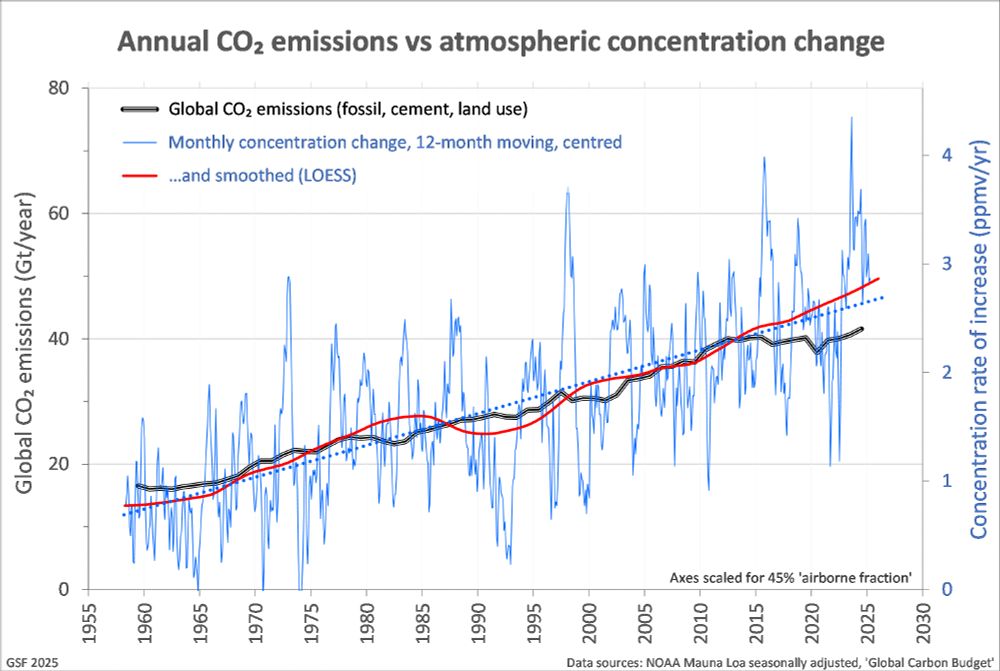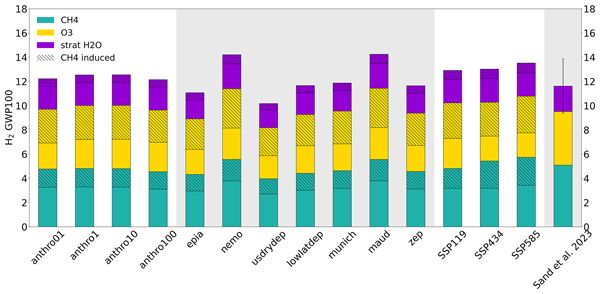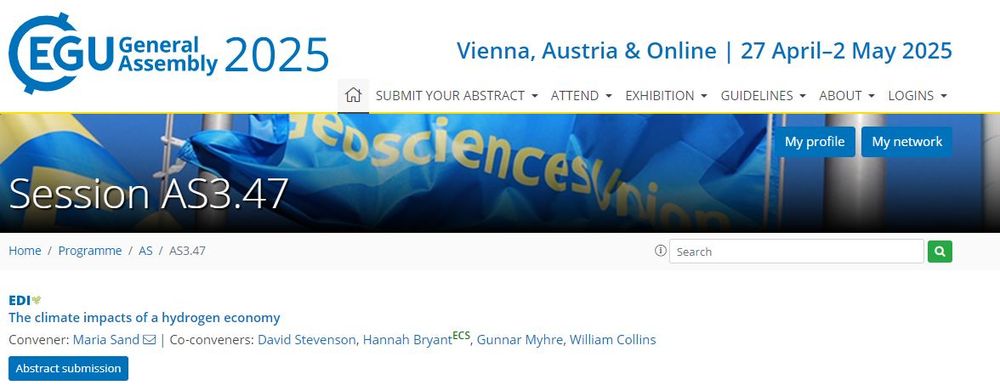
Reposted by Gunnar Myhre

But it's clear why Melissa is so powerful - it was fuelled by waters made abnormally warm by global heating:
www.newscientist.com/article/2501...

Reposted by Gunnar Myhre, David Johnson

Reposted by Gunnar Myhre

'Emerging hemispheric asymmetry of Earth’s radiation'
Norman Loeb, Tyler Thorsen , Seiji Kato, @fredrosemn.bsky.social, Øivind Hodnebrog, and @gunnarmy.bsky.social
www.pnas.org/doi/10.1073/...

Reposted by Gunnar Myhre

@gunnarmy.bsky.social et al.
www.cell.com/cell-reports...
Reposted by Gunnar Myhre

Reposted by Gunnar Myhre, Katerina Harvati

Reposted by Gunnar Myhre
Reposted by Gunnar Myhre


on our paper: www.science.org/doi/10.1126/...
Reposted by Gunnar Myhre


Reposted by Gunnar Myhre

That, seriously, is about as wrong as it is possible to be:
Reposted by Gunnar Myhre

latitude.plos.org/2025/06/behi...
@gunnarmy.bsky.social @cicero.oslo.no
Reposted by Simon L. Lewis, Rosie A. Fisher, Ragnhild Bieltvedt Skeie

Reposted by Gunnar Myhre

Reposted by Gunnar Myhre, Ragnhild Bieltvedt Skeie

Deadline for abstracts: 15 January 2025 meetingorganizer.copernicus.org/EGU25/sessio...


